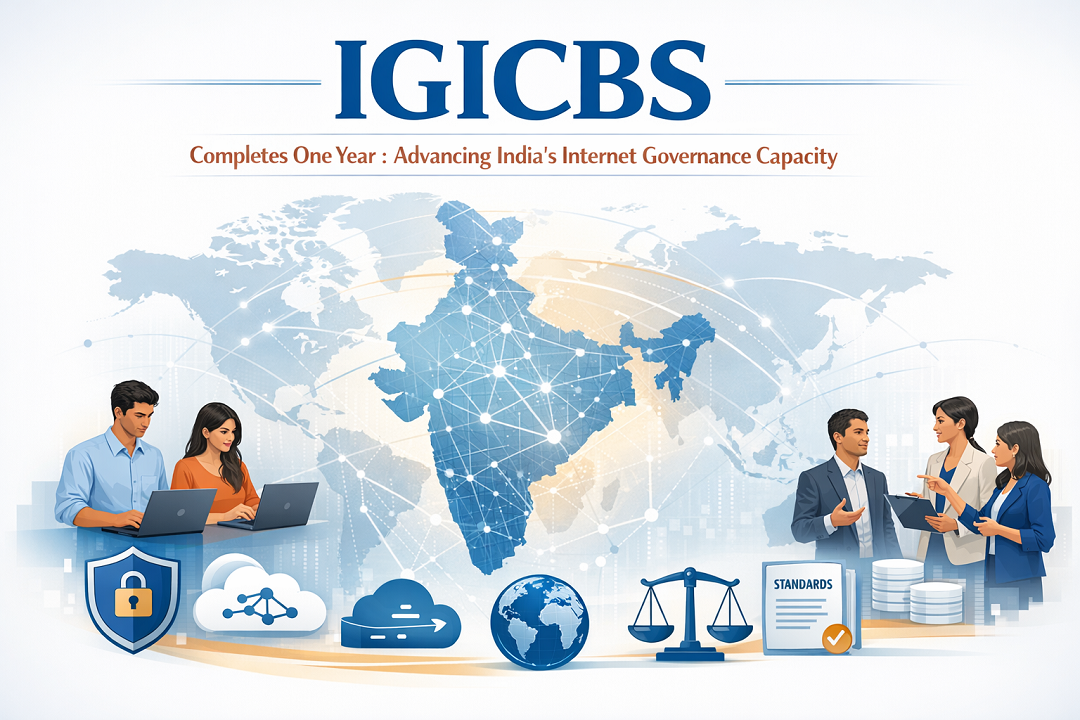Corruption in India: Challenges, Causes, and the Road to Ethical Governance
Context:
- The Rajasthan High Court recently scrapped the SI Recruitment-2021 examination due to a paper leak scam, granting bail to 23 accused individuals.
- In response, RPSC member Dr. Manju Sharma resigned, citing concerns about transparency and integrity in public institutions.
- This incident highlights the persistent challenge of corruption in India’s governance and recruitment systems.
Corruption in India
Definition:
- Corruption is the abuse of entrusted power for private gain, violating the ethical principles of probity, transparency, and accountability.
- It breaches deontological duties, undermines virtue ethics like honesty and integrity, and weakens the social contract between the state and citizens.
Types of Corruption (2nd ARC)
- Petty Corruption: Small-scale bribery in routine services (licenses, certificates), reflecting erosion of everyday integrity.
- Grand Corruption: Large-scale scams in recruitment, contracts, or natural resources that distort governance at the systemic level.
- Collusive Corruption: Deep networks connecting politicians, bureaucrats, and businesses to perpetuate unethical practices.
Causes of Corruption
- Administrative Lapses: Excessive discretion without accountability and weak oversight.
- Economic Factors: Inadequate salaries and rent-seeking incentives drive officials toward corrupt behavior.
- Political Culture: Criminalisation of politics and patronage networks normalize corruption.
- Social Norms: Acceptance of small bribes (“chai-paani”) erodes ethical standards.
- Legal-Institutional Weaknesses: Delayed justice and weak whistleblower protection embolden corrupt actors.
- Psychological Factors: Moral indifference and rationalization make corruption socially tolerable.
Implications of Corruption
On Individuals:
- Loss of Meritocracy: Honest candidates lose opportunities, weakening fairness in public life.
- Ethical Dissonance: Conflicts arise between duty and self-interest.
- Victimisation: Vulnerable populations are denied entitlements, reinforcing inequality.
On Society:
- Trust Deficit: Corruption erodes faith in institutions and weakens the social contract.
- Deepened Inequality: Benefits accrue to elites while marginalized groups are excluded.
- Economic Loss: Leakage of welfare funds and reduced investment hinder development.
- Democratic Weakening: Corruption delegitimises governance, fostering cynicism and apathy.
Challenges in Countering Corruption
- Institutional Capture: Vigilance bodies lack autonomy and face political interference.
- Collusion Nexus: Entrenched alliances between politicians, bureaucrats, and businesses sustain corruption.
- Whistleblower Risks: Fear of retaliation discourages reporting of corrupt practices.
- Cultural Acceptance: Bribery is normalized as a “way of life.”
- Technology Misuse: Digital platforms designed for transparency are exploited through leaks and proxies.
Way Forward
Ethical Re-orientation:
- Value-based training for civil servants (Second ARC, Ethics in Governance).
- Infuse constitutional morality and Gandhian trusteeship principles in public service.
Institutional Strengthening:
- Empower Lokpal/Lokayuktas, strengthen CVC and vigilance mechanisms.
- Ensure autonomy and transparency in recruitment bodies like RPSC/UPSC.
Administrative Reforms:
- Reduce discretionary powers; implement “minimum government, maximum governance.”
- Use digital platforms and blockchain technology in recruitment and contracts.
Social & Cultural Change:
- Promote citizenship ethics and zero tolerance for corruption.
- Strengthen RTI, media, and civil society as watchdogs.
Legal-Structural Measures:
- Establish fast-track courts for corruption cases.
- Provide robust whistleblower protection with incentives for reporting corruption.
Conclusion
- Corruption is both an economic crime and an ethical failure of governance and society.
- To uphold probity, integrity, and accountability, India must transition from compliance-based codes to value-driven governance.
- A corruption-free state is essential to restore public trust and achieve constitutional justice.
Source : The Print



